Understanding Regulatory Frameworks for DeFi in the U.S. and Beyond
Decentralized Finance (DeFi) is a fast-evolving and expanding space, but regulating DeFi is still in its early stages and presents challenges. Regulators in the U.S. and other major global jurisdictions have already been working to provide more regulatory clarity in this innovative domain. Let’s take a closer look at how these regulators attempt to approach DeFi and the possible challenges they may be facing along the way.



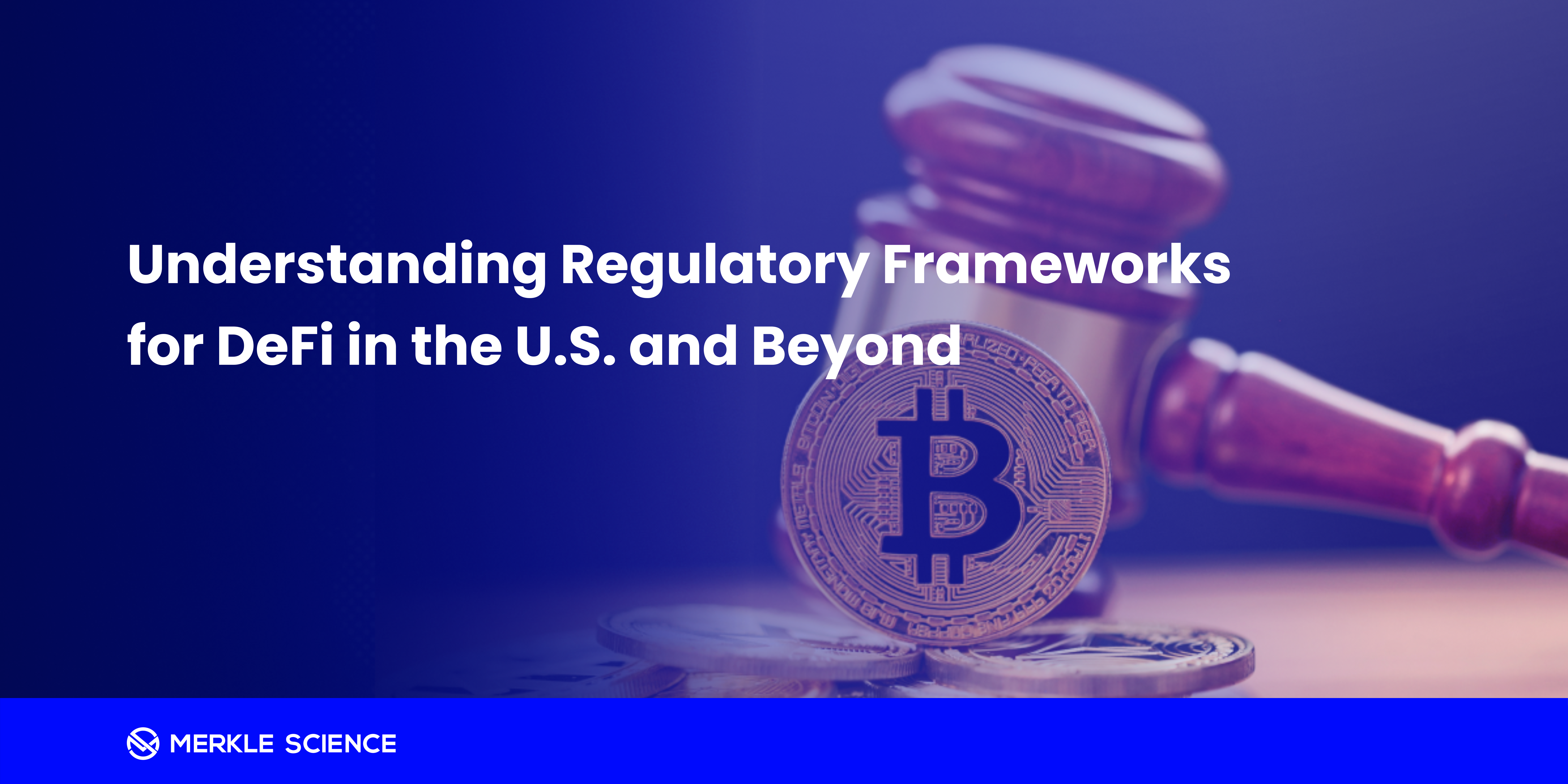
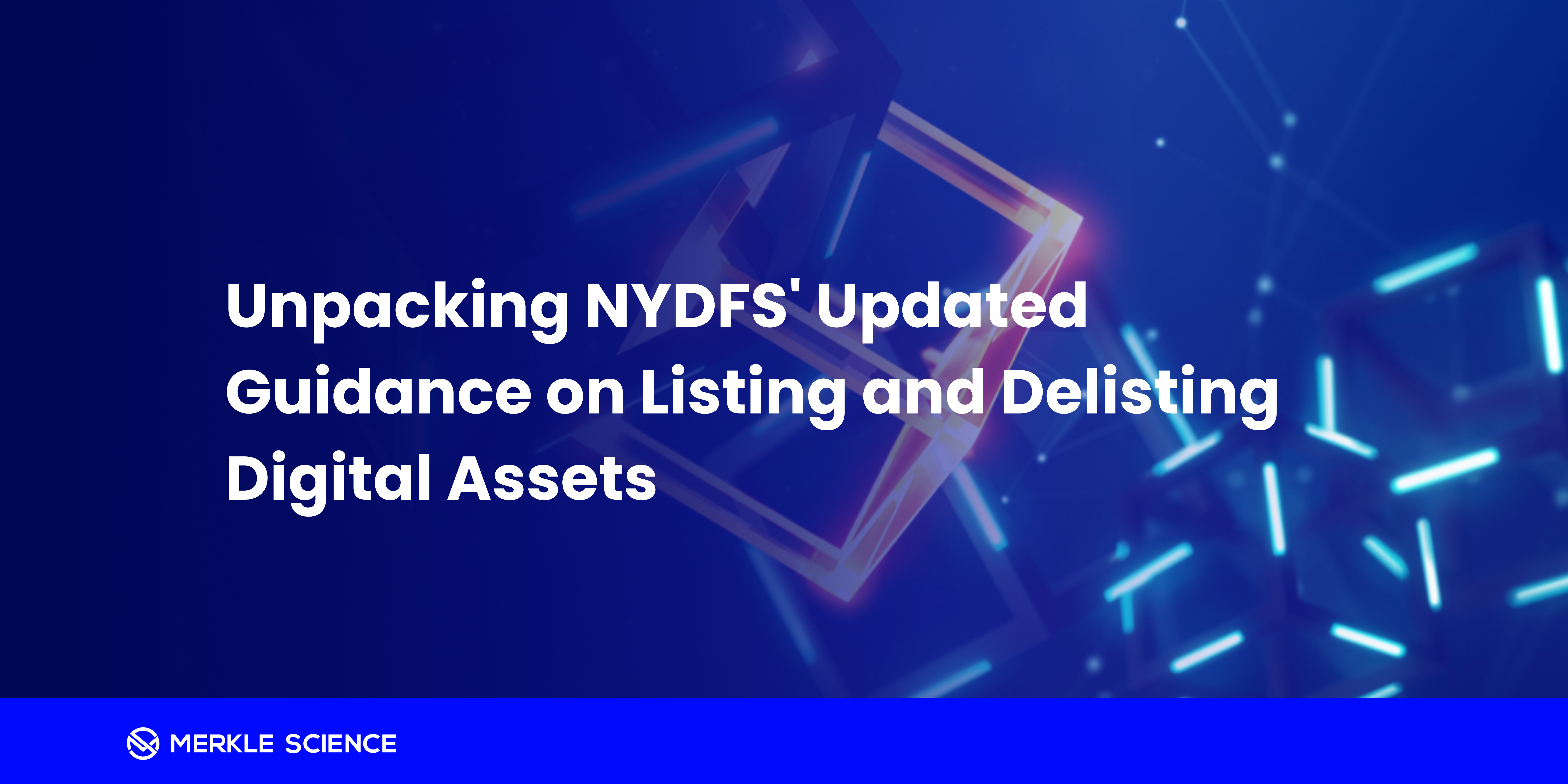
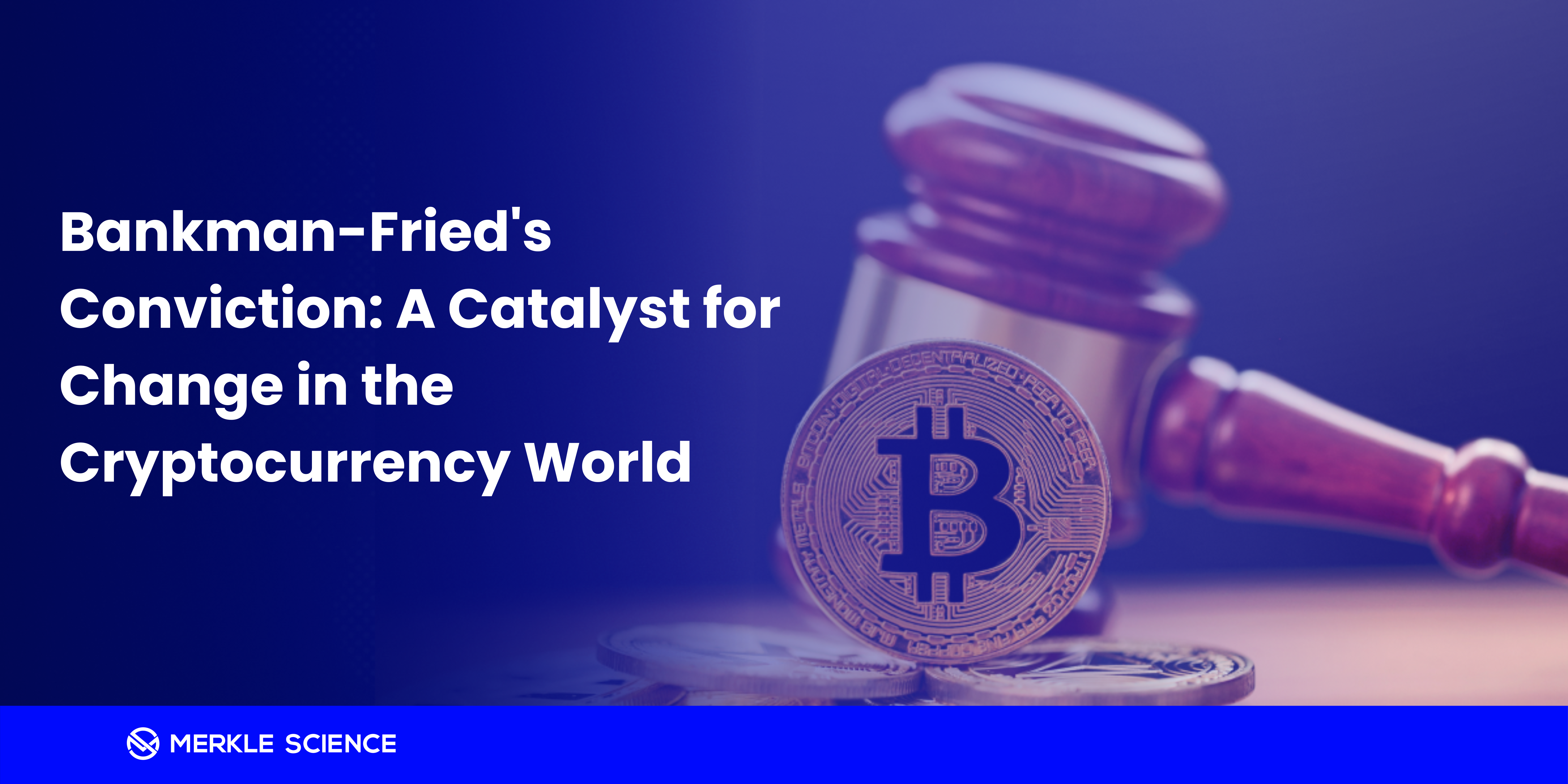
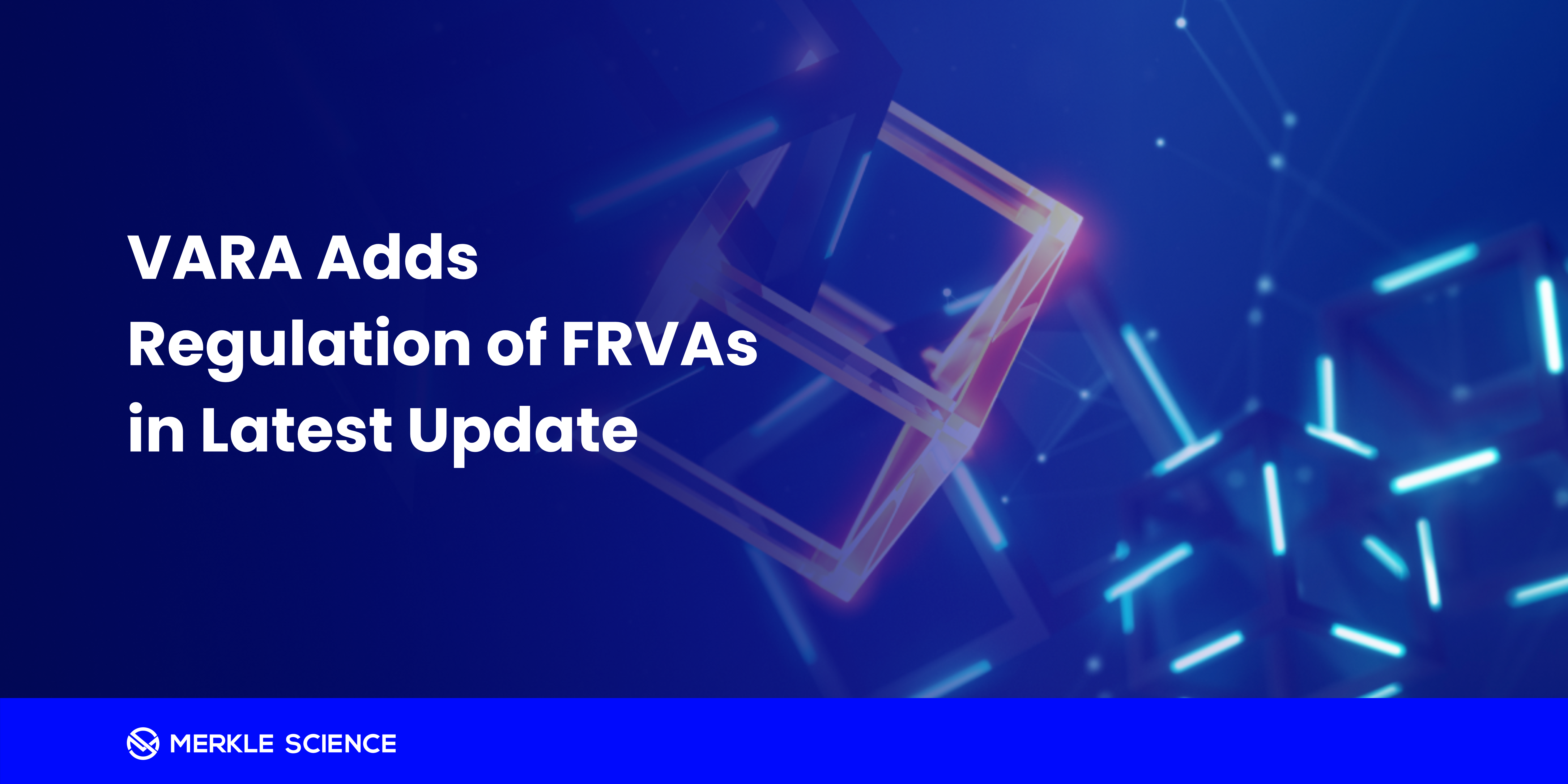
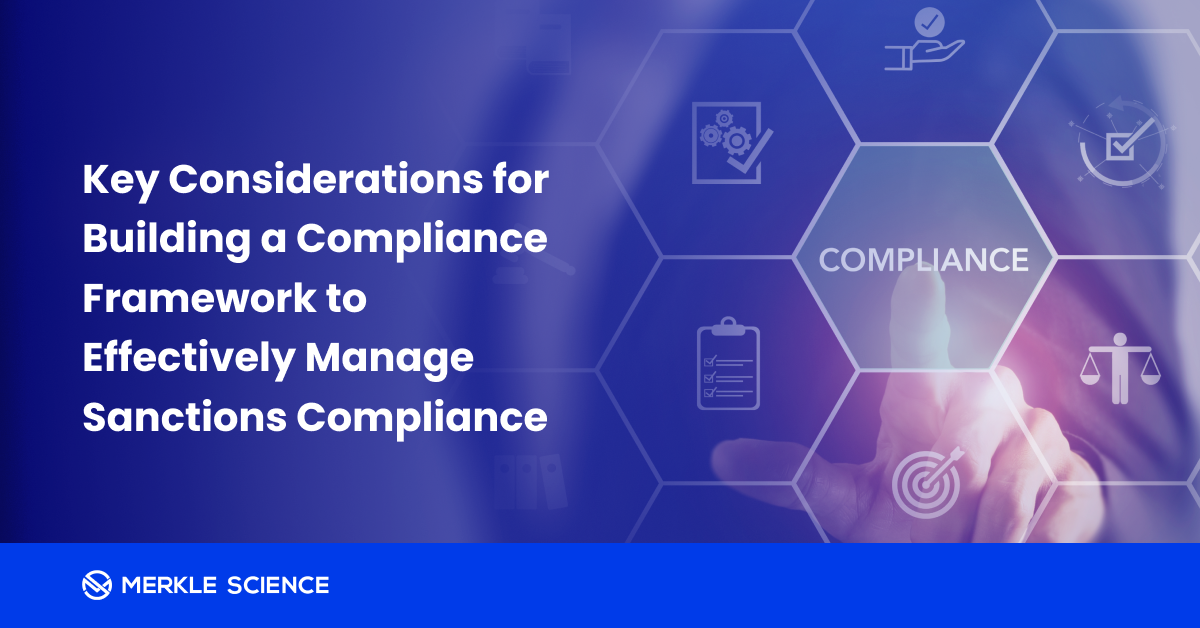
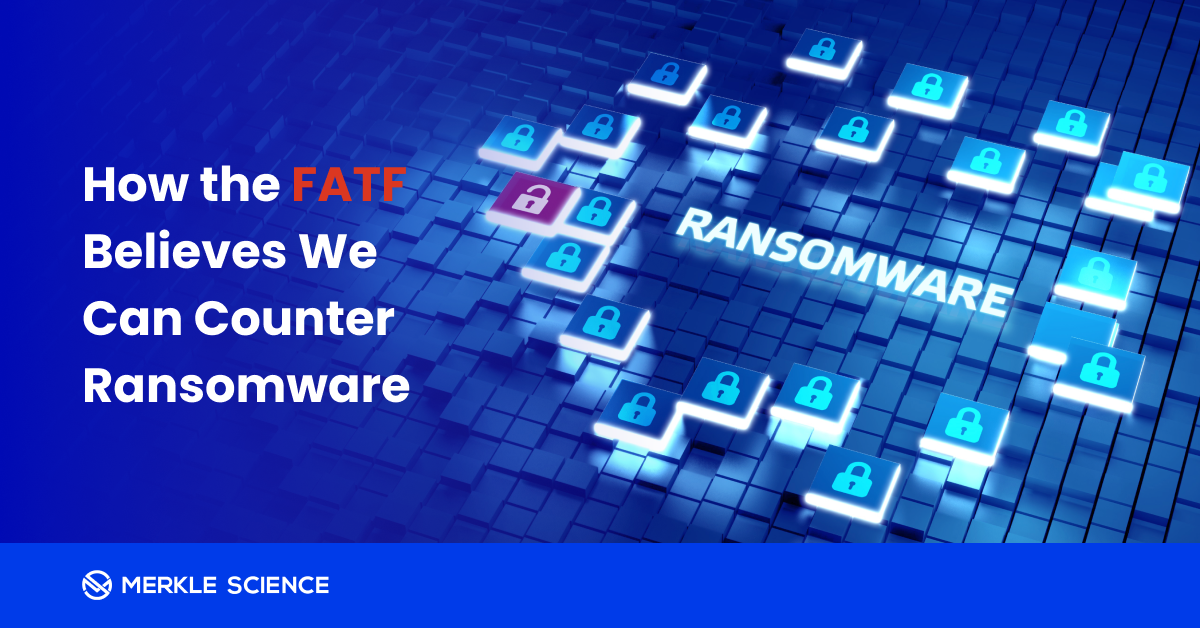


.png)
